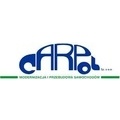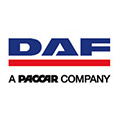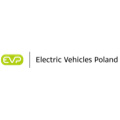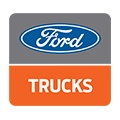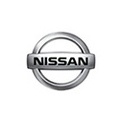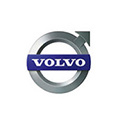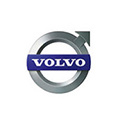02_18 Connected driving promises to revolutionise mobility. But what about data protection?
Connected and automated driving will create new areas of business that will change traditional automotive business models. It will offer new mobility solutions that are cleaner, safer and more consumer-focussed than ever, but equally create new areas of business for the automotive industry. Manufacturers will become providers of innovative mobility solutions, rather than ‘just’ being producers of vehicles. These developments will improve access to mobility for the elderly and people with disabilities, or those who live in remote areas such as the country side.
In this context data protection is an issue that automakers take very seriously.
The automobile industry is committed to providing you with a high level of protection of personal data and maintaining your trust. Connected cars increasingly rely on the collection, use and processing of data. In doing so, modern motor vehicles (so not just cars, but also vans, trucks and buses) generate a wealth of data. Today’s vehicles are increasingly ‘connected’ in the sense that they can exchange this information wirelessly with other vehicles, road users, the vehicle manufacturer and third-party service providers.
Vehicle owners have the right to decide with whom they share their personal data and for what purposes. The personal data of vehicle users is only made available in accordance with EU data protection legislation. This means that personal data is shared by manufacturers with third parties only:
1) On the basis of a contract with the customer
2) With the prior consent of the customer
3) To comply with legal obligations
With the rising volume of data generated by vehicles, third parties are increasingly interested in accessing and using such data to provide services. These service providers include for example garages and breakdown services, insurance companies, operators of parking garages, financial and fleet service providers, and road infrastructure operators. They also include non-traditional automotive players such as entertainment and travel-service providers, social networks, and search engine operators.
Sharing vehicle data with such parties can improve the driving experience, increase comfort for the driver, optimise products, and contribute to societal goals such as improving road safety and reducing fuel consumption. Vehicle-generated data can be used to your benefit: to advise you on the easiest and safest routes, avoiding traffic jams and road hazards; to provide ‘smart parking’ information; to contact emergency services in case of an accident; to ‘predict’ when your vehicle will need maintenance or repair to avoid break-downs; to automatically pay for parking or tolls; to enable insurance companies to offer you tailored, or even lower, premiums (for example based on distance travelled, driving style and itineraries); to provide relevant local information instantly; to provide tailored entertainment and other services; to provide access to music, social media channels, e-mails, etc – making the car an extension of your office or home.
Remember, the best way to provide safe and secure third-party access to the data generated by your vehicle is by means of an off-board facility. This is a remote and secure server from where service providers can access the data, rather than directly having access to the (moving) vehicle in an uncontrolled way.






